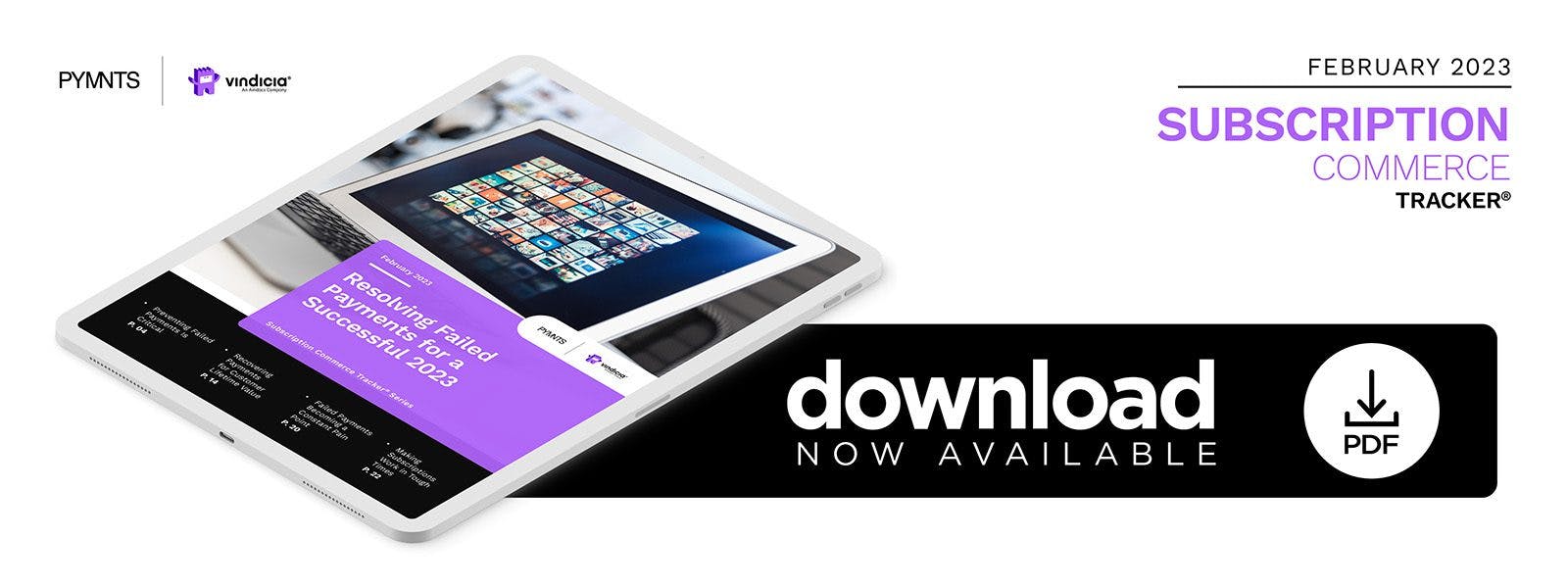Vindicia in the News
An insider on making subscriptions work in tough times
Feb 8, 2023 | By PYMNTS.com
Subscription merchants that fail to offer multiple ways for consumers to buy their products will see their sales take a hit, says Bean Box CEO Matthew Berk. Only giving consumers one way to buy and pay is a key driver of voluntary churn, especially in these times.
Matthew Berk, CEO and co-founder of D2C coffee brand Bean Box, offers PYMNTS the insider POV on how subscription companies can retain customers despite economic headwinds this year.
"I think in 2023, you're going to find that direct-to-consumer companies that do not also sell under other modes – say, a la carte or gift-based – are going to have a hard time maintaining subscription revenue." – Matthew Berk, CEO and co-founder, Bean Box
Direct-to-consumer (D2C) coffee company Bean Box has driven explosive growth by staying nimble and strategic.
From choosing the right partners to expanding into wholesale with Walmart for the holidays, the Seattle-based company stands out in a town known for coffee innovation.
CEO and co-founder Matthew Berk said the company has adjusted strategy for 2023, which he predicts will be the year that inflation catches up with D2C businesses. He said Bean Box and other D2C companies expect to be in a position to need to raise prices this year due to increasing costs, and this will present real challenges for their subscription models.
“For 2023, among D2C companies, I expect to see major increases in prices that were probably held back in 2022,” he said.
As consumers are being inundated with new technology to help them identify and limit subscription risks for themselves, Berk believes it is vital for brands to address their business models.
He said that integrating other approaches, such as a la carte purchasing or gift models, is critical for D2C and subscription firms to create sustainability for their brands.
“In 2023 and [going] forward, if you’re not selling under other models, I think you’re going to have a hard time maintaining revenue streams. Consumers want to buy in the ways they want to buy,” he explained.
Berk noted that the company used to think the best way to protect its revenue stream was to offer as much choice as possible, but it has since learned that limiting new customers to products that have lower subscription cancellations and higher lifetime value, in fact, is the best way. Once they become full subscribers, Bean Box permits them to change almost everything, including the type of coffee they get. Even though people are mostly averse to changing once they subscribe, Berk said the fact that they know they can is a great way to keep them engaged.
D2C and subscription companies cannot afford to lose customers in an unforgiving environment such as this.
To guard against the impact of rising prices, brands should start by better controlling failed payments whenever possible. Berk also said that in his experience, simplifying checkout — even if it means limiting investment in alternative payment methods — leads to better conversion.
“We did see a lot of low-friction checkout in 2022, more than we ever have,” he said. “For us going forward, it’s less about what alternative payment strategies [we have] and more about, ‘What low-friction or no-friction ways can you give someone to purchase?’”
